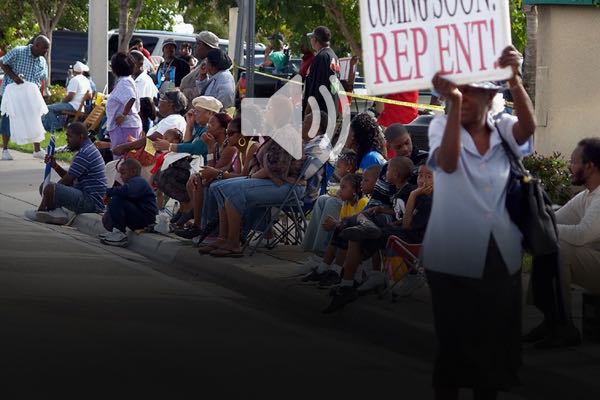In this episode of the Cold-Case Christianity Broadcast, J. Warner continues to discuss the practices and principles of good investigators and applies these techniques to the Christian worldview. When juries are asked to evaluate a case, they are instructed in the rules of evidence. In this episode, J. Warner discusses three important evidence instructions: 1. Possibilities are irrelevant, 2. The more cumulative the case, the more reasonable the conclusion, and 3. Witnesses are reliable unless demonstrated otherwise. J. Warner demonstrates how a proper understanding of these rules can help you prepare people to hear the case for Christianity. This approach is described in more detail in Forensic Faith: A Homicide Detective Makes the Case for a More Reasonable, Evidential Christian Faith. Be sure to check out Forensic Faith and the accompanying curriculum.
Be sure to watch the Cold-Case Christianity Broadcast on NRBtv every Monday and Saturday! In addition, here is the audio podcast (the Cold-Case Christianity Weekly Podcast is located on iTunes or our RSS Feed):

J. Warner Wallace is a Dateline featured Cold-Case Detective, Senior Fellow at the Colson Center for Christian Worldview, Adj. Professor of Christian Apologetics at Talbot School of Theology, Biola University, author of Cold-Case Christianity, God’s Crime Scene, and Forensic Faith, and creator of the Case Makers Academy for kids.
Subscribe to J. Warner’s Daily Email
J. Warner Wallace is a Dateline featured cold-case homicide detective, popular national speaker and best-selling author. He continues to consult on cold-case investigations while serving as a Senior Fellow at the Colson Center for Christian Worldview. He is also an Adj. Professor of Christian Apologetics at Talbot School of Theology, Biola University, and a faculty member at Summit Ministries. He holds a BA in Design (from CSULB), an MA in Architecture (from UCLA), and an MA in Theological Studies (from Gateway Seminary).
































